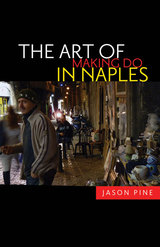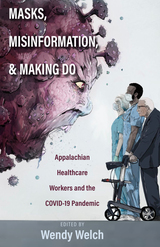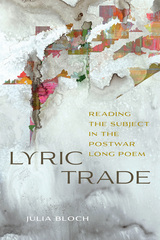
“In Naples, there are more singers than there are unemployed people.” These words echo through the neomelodica music scene, a vast undocumented economy animated by wedding singers, pirate TV, and tens of thousands of fans throughout southern Italy and beyond. In a city with chronic unemployment, this setting has attracted hundreds of aspiring singers trying to make a living—or even a fortune. In the process, they brush up against affiliates of the region’s violent organized crime networks, the camorra. In The Art of Making Do in Naples, Jason Pine explores the murky neomelodica music scene and finds himself on uncertain ground.
The “art of making do” refers to the informal and sometimes illicit entrepreneurial tactics of some Neapolitans who are pursuing a better life for themselves and their families. In the neomelodica music scene, the art of making do involves operating do-it-yourself recording studios and performing at the private parties of crime bosses. It can also require associating with crime boss-impresarios who guarantee their success by underwriting it with extortion, drug trafficking, and territorial influence. Pine, likewise “making do,” gradually realized that the completion of his ethnographic work also depended on the aid of forbidding figures.
The Art of Making Do in Naples offers a riveting ethnography of the lives of men who seek personal sovereignty in a shadow economy dominated, in incalculable ways, by the camorra. Pine navigates situations suffused with secrecy, moral ambiguity, and fears of ruin that undermine the anthropologist’s sense of autonomy. Making his way through Naples’s spectacular historic center and outer slums, on the trail of charmingly evasive neomelodici singers and unsettlingly elusive camorristi, Pine himself becomes a music video director and falls into the orbit of a shadowy music promoter who may or may not be a camorra affiliate.
Pine’s trenchant observations and his own improvised attempts at “making do” provide a fascinating look into the lives of people in the gray zones where organized crime blends into ordinary life.

The firsthand pandemic experiences of rural health-care providers—who were already burdened when COVID-19 hit—raise questions about the future of public health and health-care delivery.
This volume comprises the COVID-19 pandemic experiences of Appalachian health-care workers, including frontline providers, administrators, and educators. The combined narrative reveals how governmental and corporate policies exacerbated the region’s injustices, stymied response efforts, and increased the death toll.
Beginning with an overview of the SARS-CoV-2 virus and its impact on the body, the essays in the book’s first section provide background material and contextualize the subsequent explosion of telemedicine, the pandemic’s impact on medical education, and its relationship to systemic racism and related disparities in mental health treatment.
Next, first-person narratives from diverse perspectives recount the pandemic’s layered stresses, including
- the scramble for ventilators, masks, and other personal protective equipment
- the neighbors, friends, and family members who flouted public-health mandates, convinced that COVID-19 was a hoax
- the added burden the virus leveled on patients whose health was already compromised by cancer, diabetes, or addiction
- the acute ways the pandemic’s arrival exacerbated interpersonal and systemic racism that Black and other health-care workers of color bear
- not only the battle against the virus but also the growing suspicion and even physical abuse from patients convinced that doctors and nurses were trying to kill them
These visceral, personal experiences of how Appalachian health-care workers responded to the pandemic amid the nation’s deeply polarized political discourse will shape the historical record of this “unprecedented time” and provide a glimpse into the future of rural medicine.
Contributors: Lucas Aidukaitis, Clay Anderson, Tammy Bannister, Alli Delp, Lynn Elliott, Monika Holbein, Laura Hungerford, Nikki King, Brittany Landore, Jeffrey J. LeBoeuf, Sojourner Nightingale, Beth O’Connor, Rakesh Patel, Mildred E. Perreault, Melanie B. Richards, Tara Smith, Kathy Osborne Still, Darla Timbo, Kathy Hsu Wibberly
READERS
Browse our collection.
PUBLISHERS
See BiblioVault's publisher services.
STUDENT SERVICES
Files for college accessibility offices.
UChicago Accessibility Resources
home | accessibility | search | about | contact us
BiblioVault ® 2001 - 2024
The University of Chicago Press









